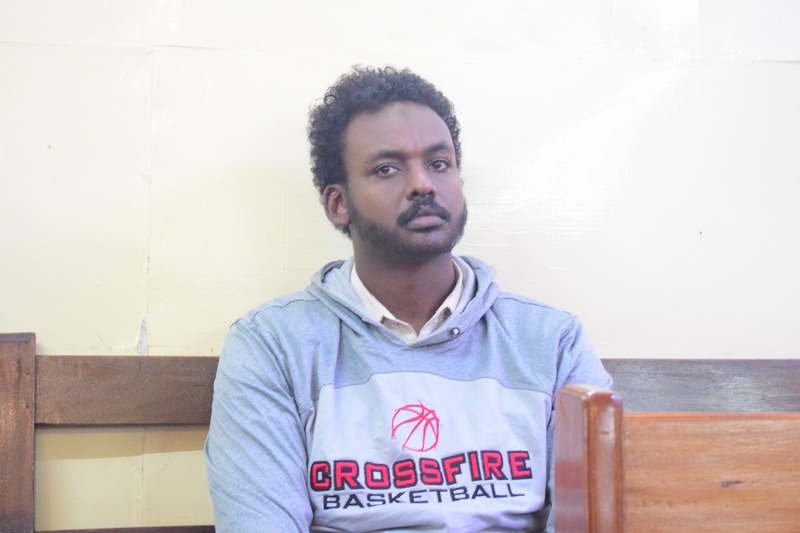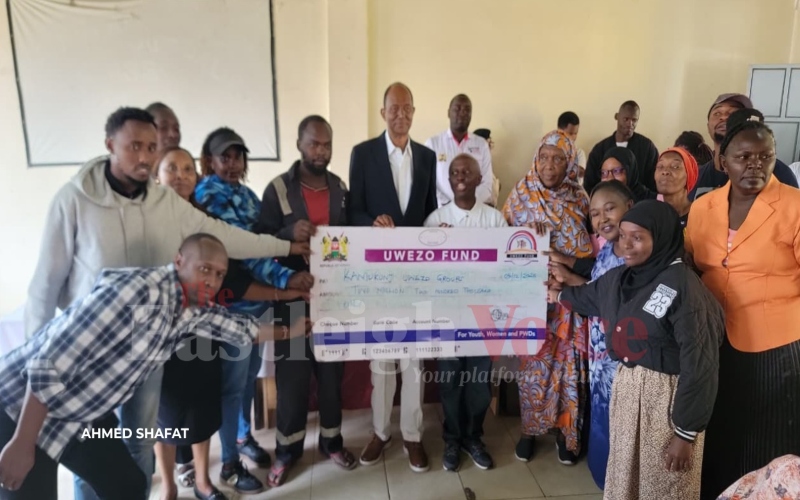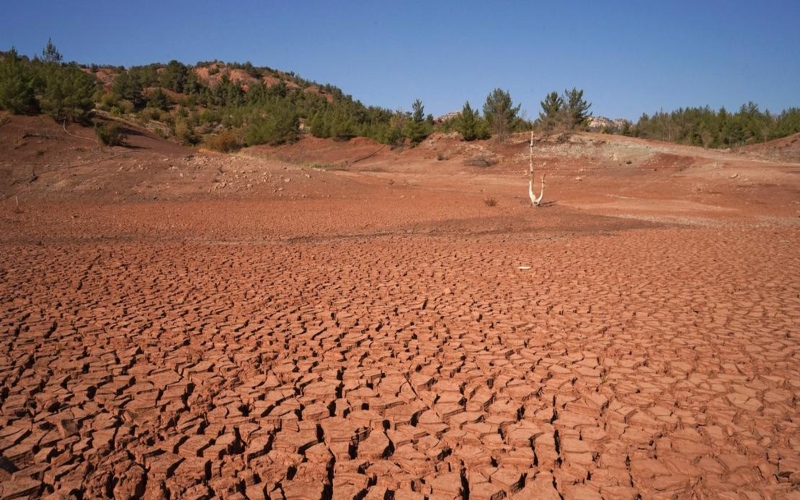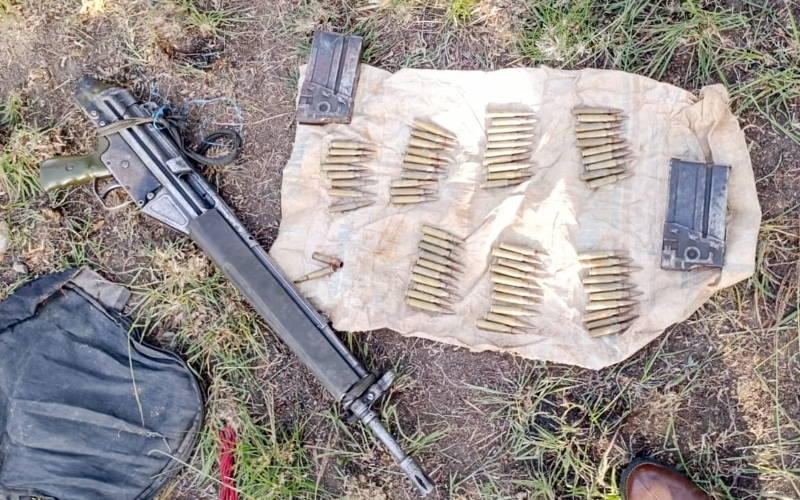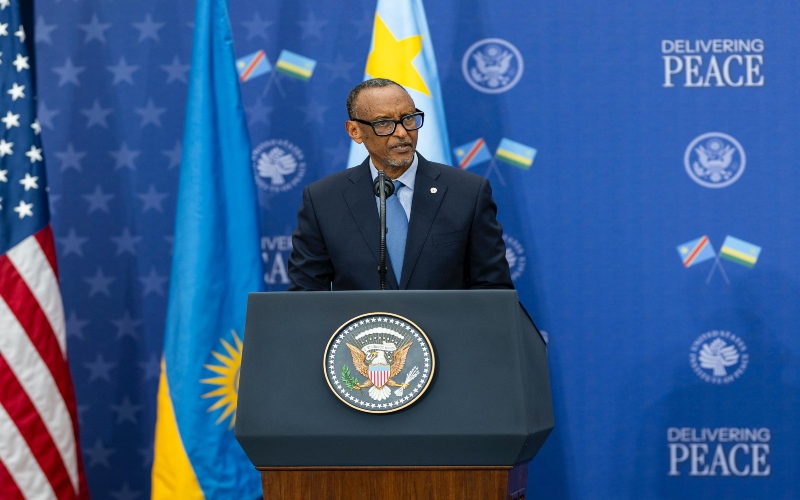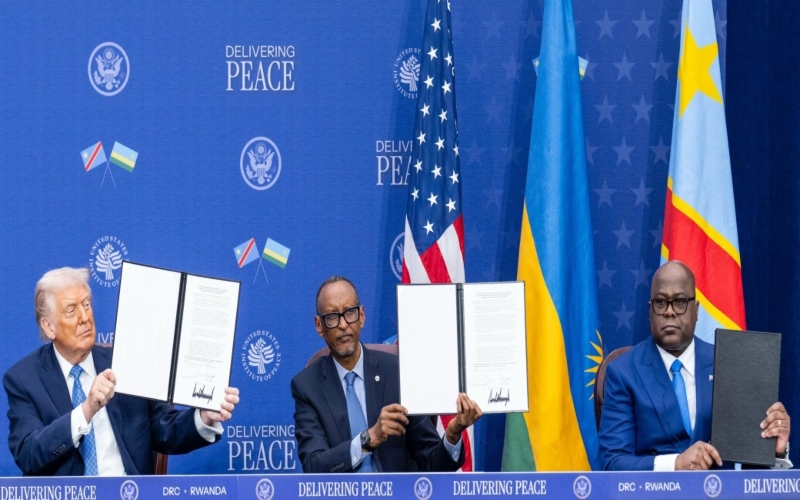UN warns of escalating humanitarian crisis in Sudan amid famine, cholera and displacement
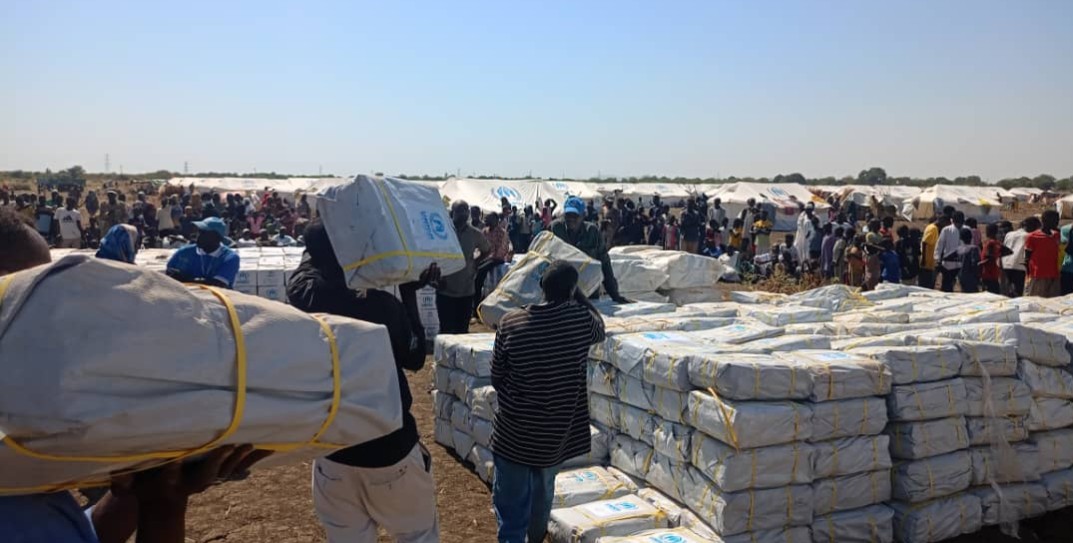
A recent IPC alert cautioned that food security will likely deteriorate further between July and October, during the lean season, particularly in conflict-affected regions where access is limited and displacement is widespread.
The United Nations has raised alarm over Sudan’s worsening humanitarian crisis, as ongoing conflict between rival military factions continues to displace millions and block access to food, healthcare, and shelter.
UN Deputy Spokesman Farhan Haq reports that nearly 60 per cent of displaced families in North Darfur lack adequate shelter.
More To Read
- Sudan: Kordofan cannot become ‘another El Fasher,’ UN rights chief warns
- Sudan’s crisis deepens with communities trapped in ‘siege conditions’
- From protesting tyranny to saving lives: How Sudan’s networks are responding to war
- Somalia welcomes first group of Sudanese students under new scholarship programme
- ‘I have to talk about it' - rape and terror sparks mass migration in Sudan
- Sudan army makes major gains in South Kordofan, retakes key villages from SPLM-N
In Abu Shouk camp in El Fasher, the state capital, families are facing severe shortages of food and medicine, with local sources confirming at least four hunger-related deaths last week.
In nearby Tawila, a cholera outbreak has infected more than 1,500 people since June, with over 500 currently receiving treatment. In response, local authorities have introduced emergency measures, including market closures and bans on public gatherings.
However, the UN Office for the Coordination of Humanitarian Affairs (OCHA) warns that $120 million (approximately Sh15.5 billion) is urgently needed over the next three months to scale up life-saving assistance.
Sustain critical services
“This funding is essential to contain the outbreak and sustain critical services,” OCHA said in a statement.
Meanwhile, in Port Sudan—the main entry point for humanitarian aid—cases of heatstroke are rising as temperatures soar and power outages persist. At least one death has been reported in recent days due to the extreme heat.
Sudan’s food crisis is also deepening, especially in El Fasher, where the cost of a basic food basket is now more than six times the national average.
The Integrated Food Security Phase Classification (IPC) has already declared famine conditions in parts of North Darfur and the eastern Nuba Mountains, warning that other areas may soon follow.
A recent IPC alert cautioned that food security will likely deteriorate further between July and October, during the lean season, particularly in conflict-affected regions where access is limited and displacement is widespread.
Failed harvests, low cereal stocks, and economic instability have pushed basic food beyond the reach of millions.
Humanitarian agencies continue to urge increased international support to avert more deaths and stabilise the situation, but access restrictions and funding shortfalls remain critical obstacles.
Top Stories Today



